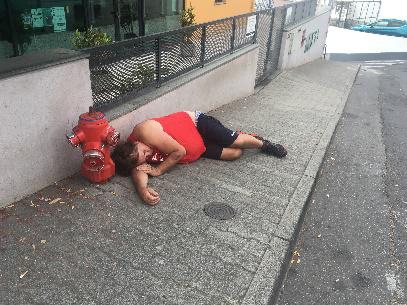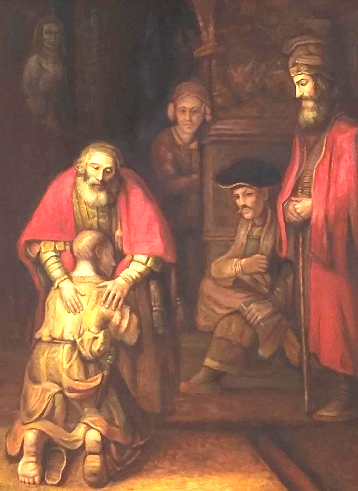From My Heart to Your Heart – A Scientist who became a Starfish Saver
by Father Bernadino
He was a scientist and was writing a book. Every afternoon he would go to the beach, not to swim, but to take advantage of the sound of the waves, the scenery… of the many kilometers of yellow sand, the presence of children splashing in the water and the gentle flying of elegant seagulls.
There was a small distance between the water and a small forest where there were trees that would protect the scientist from the sun. He would bring a small folding chair and for a while that space was his small office.
None of these apparent distractions were able to distract him from his job that, for him, was also a hobby. None of these activities were able to distract him, except for one. Every afternoon he could see a man «dancing» by himself on the sand. This man would bend down, would stand up, would open his arms and would repeat almost the same movements for a long time.
This «show» was happening every afternoon. It was something that started distracting him and then started intriguing him. He even thought if it could be a kind of religious ritual of some kind of religion.
Finally the scientist decided to unveil the mystery. He left his papers on his chair and full of curiosity approached the «dancing man» and asked for the meaning of that ritual.
The «dancing man» stopped for a while and gladly explained to his visitor:
«It is because in this water there are many starfish. When the tides rise up, the starfish are thrown onto the sand of the beach. The problem is that when the tides go down most of them stay on the dry sand and die. I come every afternoon looking for starfish that have stayed on the sand, and to save them, I pick them up one by one, and throw them back in the water. I know that those starfish are safe and alive».
The scientist, expressing some kind of disbelief told him: «But, my friend, there are hundreds of kilometers of sand on this beach, what difference does that make?».
The «dancing man» bent down, picked up another starfish that was close to his feet and said: «Does it make any difference to this one?»
The following afternoon the scientist stopped writing his book in the afternoons and joined the «dancing man», saving starfish.
* * * * * * * *
If you can’t feed a hundred people, then feed just one. (Mother Teresa)
* * * * * * * *
Small things done by small people in small places change the world (Mother Teresa)
* * * * * * * *
What I do for others is just a small drop of water in the ocean. But without that drop of water
the ocean is smaller. (Mother Teresa)

